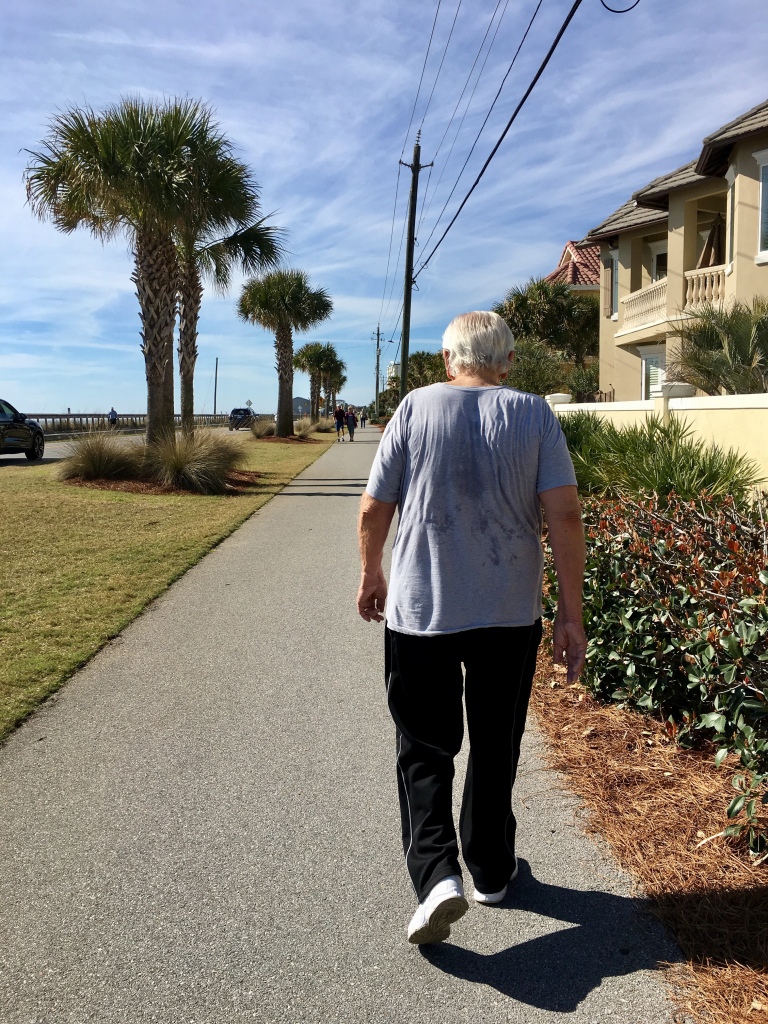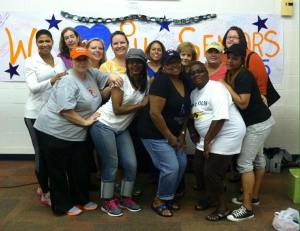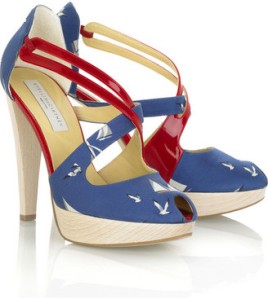I have great admiration and, dare I say, Gratitude for Brene’ Brown. She took the stage looking like everybody’s Mom at her first TED talk, and wowed us with her homespun brilliance. Brene’ Brown took what we’d always suspected was true and wove it into a beautiful tapestry we all want to be part of. Unless you follow her regularly, you probably don’t know about the current controversy around her podcast. It’s her first controversy of this magnitude and entirely of her own making.
Joe Rogan and Brene’ Brown both joined Spotify in September of 2020. I remember hearing about the deal and being impressed by the company’s obvious aggressive plan to become more than just the cool place to find and play music. It wasn’t lost on me that the two acquisitions represented two completely different audiences. Spotify came to play.
Fast forward. It’s two covid-filled years later. We’re tired. We’re cranky and we’re looking for some place to dump a boatload of angst. Joe Rogan and his contrived…well…everything seemed like a good place to put it. Our angst, though, is over-flowing. I’ll Be Whatever I Need To Be To Cause A Stir Joe, despite his efforts to the contrary, just doesn’t feel big enough, important enough to hold our dissatisfaction. Cue the Gladiator extras! Let’s get Spotify!
Though a wonderful songwriter, Neal Young’s voice rivals nails on chalkboard for chills on my spine. Willies aside, I found it kind of precious when he threatened to pull his music from Spotify in protest of Joe Rogan’s content. The last time I considered Young relevant had nothing to do with music. In 2012, he announced he had stopped smoking weed. He was just too darn old and no longer had the brain cells to burn or something like that. I was quick to bring this to the attention of a couple of aging “heads” in my orbit in hopes that they, too, might decide to preserve whatever bandwidth they had left for their dotage. That had the same effect as Neal Young pulling his catalogue minus Joni Mitchell’s “me too”.
In walks Brene’ Brown wearing a pantsuit fit for parent/teacher conferences, her kitschy earrings, and her “this is the best I could do” hair.
I have that hair. Me, Brene’, and Hillary Clinton. It’s a thing.
Brene’ wrote a clear, insightful piece explaining that she’d paused her podcast to ponder a few things. The piece was everything we’ve come to expect from the grounded theory researcher cum pop sociologist and respected author.
One week later, she posted again. This piece began by reminding the reader of her “multiyear, exclusive contract with Spotify”. She should have stopped there. Instead, the word salad that followed left many of us feeling like she was saying something without really saying it and, that’s a bitter pill coming from the authenticity guru. Not to say the whole thing was without merit. She offered up a metaphor involving a high school cafeteria in which one has no say as to her table mates. Let me stop here to say, I, personally, never found that to be true. In 7th grade, as the new girl whose mother still sewed all her clothes using fabrics that did not necessarily complement my man-style, plastic rimmed eyeglasses, I was very clear as to the tables on which I could place my tray. Later, while laughing with my tribe at our table, I could feel the protective barrier we created with our camaraderie. Joe Rogan would have never dared penetrate that energy field.
Brene’ Brown wrote that Rogan’s content made her “physically sick” and that her contract with the same company sharing that content amounts to an assigned table in the Spotify lunchroom where she sits with all content creators, including Joe Rogan.
Here’s where it gets weird. Brene’ closed the metaphor by saying she isn’t willing to invite us to lunch with Joe, and goes on to describe her podcast content going forward which clearly can only be heard by sitting at that table,
in that lunchroom,
with Joe Rogan,
and his sickening content.
Do you see the problem?
Full disclosure, I’m with Joni. I deleted the Spotify app from my phone as soon as an artist I care about spoke up. It was an empty act, though, since the only reason I had one was because my son wanted to share a song with me and, when I mentioned Apple Music, where all my music lives, he gave me a look akin to a pat on the head, took my phone and downloaded Spotify. I haven’t opened it since and never paid money for it. (Yes, that felt just like it does when I tell people we only use cloth napkins and we grow things whose sole purpose is to feed bees.)
Pre-covid, when I spent several soul-crushing hours a day in what has been described as the worst rush-hour traffic in the world, podcasts were everything. I did what I had to do. Brene’ did too. I get that. I just wish she hadn’t stomped all over her integrity on the way to the cafeteria.







